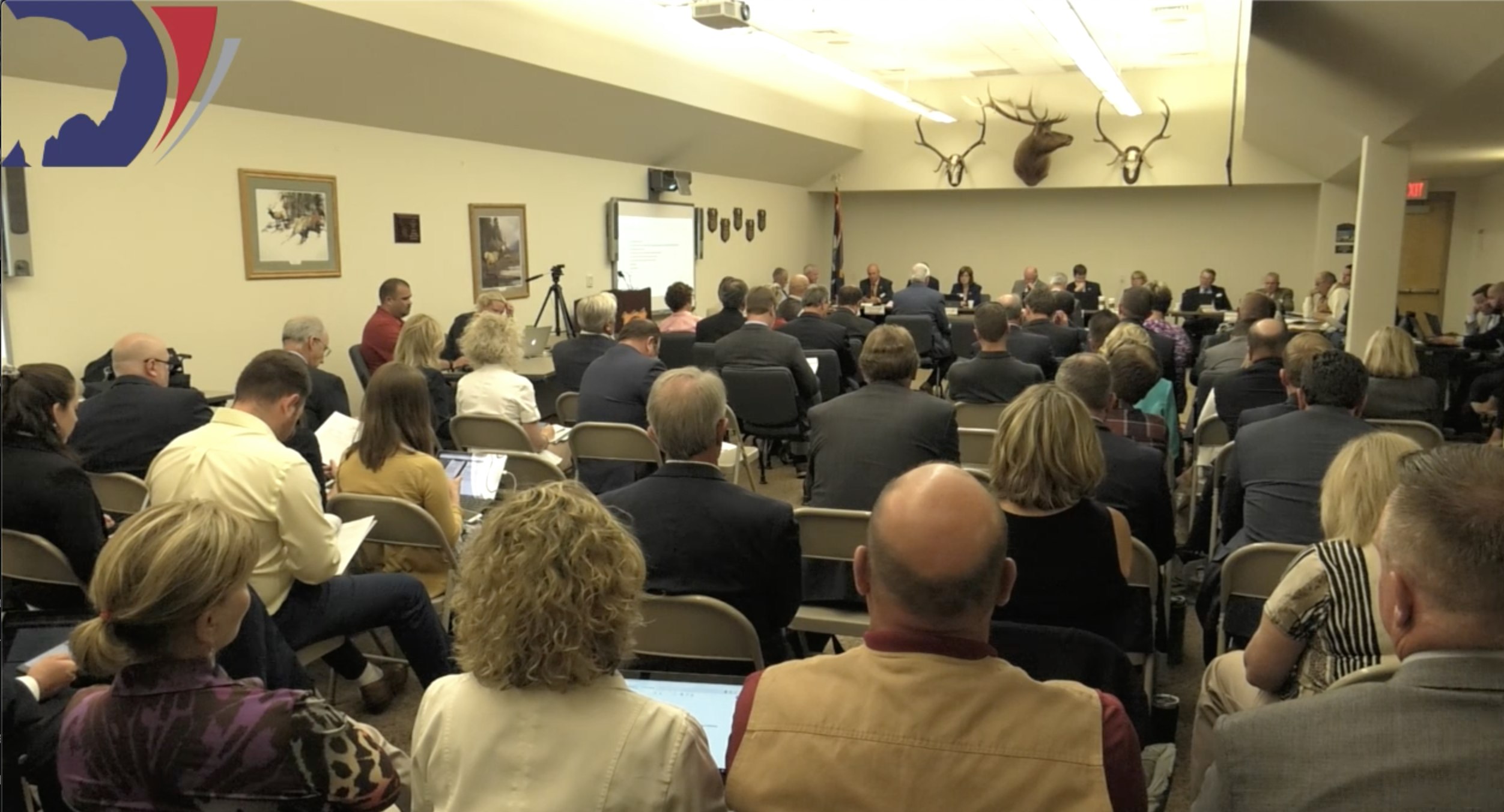Wyoming’s legislators are examining several proposed new taxes and changes to existing taxes as the state’s coal industry continues its decline.
Members of the Revenue Committee, meeting in Cheyenne on Monday, reviewed several proposals that have been rejected by the Legislature in the past, including changes to the state’s wind energy tax, an increase in fuel taxes and a tax on large national retail stores.
Dan Zwonitzer, R-Cheyenne, the committee’s co-chair, said it is important that the committee study all options available to it to keep the state’s revenue stream stable, even if those options are unpopular.
“We’re going to be bringing something (to the Legislature’s 2020 session) and people probably won’t like it,” he said. “People don’t like taxes.”
The recent closure of two major Wyoming coal mines owned by Blackjewel indicates that it is time for the state to plan for different levels of coal production and how that will affect the state’s revenues in the future, said Buck McVeigh, acting chief of staff for Gov. Mark Gordon.
“The strife that’s facing our coal industry and that steady revenue player that we always counted on during the tough times with oil and gas, we’re losing that,” he said.
One proposal being considered is a corporate income tax that would be assessed against large retail stores with headquarters outside the state. Dubbed the National Retail Fairness Act, the tax is designed to account for the fact that the cost of goods sold by such retailers often includes an element for corporate income taxes assessed in other states. Backers maintain the measure would let Wyoming collect its fair share of the taxes paid by its residents.
The proposal was rejected by Wyoming’s Legislature during its recent general session and Senate Vice President Ogden Driskill, R-Devils Tower, said he is not sure any more support exists for the measure going forward.
“Some things just don’t know when to die and they get revisited and revisited,” he said. “That came out of left field pretty fast last year. I don’t think there was good understanding on either side of it.”
The measure has the support of the Wyoming Education Association because of the $40 million to $45 million it could raise annually.
“The National Retail Fairness Act is one step in the right direction to increase funding for schools,” said Tammy Johnson, the WEA’s government relations director.
The Revenue Committee continued its meeting Tuesday.





